Differentiating between faith and science can be a controversial topic, especially at a Catholic school. Some individuals may base their beliefs off of scientific observations, while others may rely on their religious teachings to guide their outlook on the world. Topics like the creation of the universe, astrology, and in some cases even modern medicine, have sparked contentious debates between those who emphasize science and those who emphasize faith for centuries.
Historically, the debate between more scientific thinkers and more religious-based thinkers was much more heated than it is today. Before humans had the ability to go to space, the scientist Galileo was exiled by the Roman Catholic Church for suggesting the idea that the earth orbited around the sun, rather than the other way around. Nowadays, however, it’s considered common knowledge that the earth is not the center of the universe like Catholics believed hundreds of years ago.
That being said, it’s impossible to have a conversation about conflicting beliefs between faith and science without talking about evolution. Evolution and the creation of the universe is probably the most contentious debate between some scientists and some religious believers; with many scientists supporting the big-bang theory and the idea that the universe was built slowly over millions of years, and many religious people, specifically Christians, believing that God created the earth over the course of seven days.
As required by the Next Generation Science Standards (NGSS), Catholic schools, including BSM, do have to teach evolution from a scientific standpoint in biology classes. This unit does have the capability to present an internal conflict for students who have been brought up with the Catholic creation story. “Sometimes we are challenged to see what we believe and how that matches with a concept or idea that’s been presented, and that [gives] us an opportunity to reflect and learn more about ourselves,” science teacher Dr. Moni Berg Binder said.
Benilde-St. Margarets covers this debate in the seminar class available to sophomores. The class dedicates an entire unit to discussing and learning about the different creation stories. “We look at [the creation stories], we have a conversation about them. And then I have the students look at what the Catholic Church says about science,” seminar teacher Andretta Hanson said.
For some students, these class discussions are helpful in gaining a deeper understanding of one’s own belief system. “[The class] did help me put words to it; to kind of say, ‘Oh, okay, I’m not a bad person because I believe in more science over religion. There’s a reason for that.’ [It] just kind of helped me put words to what my beliefs actually were,” junior Maddie Murry said.
For other students, the discussions did not contribute much to their overall belief system. “I have never once had doubt in what I believe at the school. It’s confirmed [my beliefs] further,” junior Camila DuarteNava said.
The belief more commonly shared among religious people and scientists today is that science and religion coexist, and rely on one another to exist. Many important scientists were Christians themselves, for example, Georges Lemaître, father of the Big Bang theory, was a Catholic priest, despite the fact that his theory went directly against the teachings of the Bible. “I think they go hand in hand with each other. I don’t think that one can exist without the other even from the very beginning of time. I think that faith has always been there. And science has always been there,” Hanson said.
Many people believe that for science to exist, there had to be a divine being who put it there. For Christians, that divine being would be God. “There had to be a contingent being out there that created all these things that we call science,” Hanson said.
Though science and faith may relate to each other in some ways, some people believe that they serve very different purposes. “I’d say that religion kind of caters to more of the emotional sides of your beliefs…More of like a mental support. And then science is more of like the reasoning part, like how to learn and stuff,” Murry said.
While there may be some conflicts in religious and scientific teachings, it’s important not to disregard one simply because you disagree with the other. Understanding both perspectives is a crucial part of expanding knowledge and cementing your beliefs. “Religion can help you get to a place where you can understand science, and then science can help you deepen your faith in some ways,” Murry said.



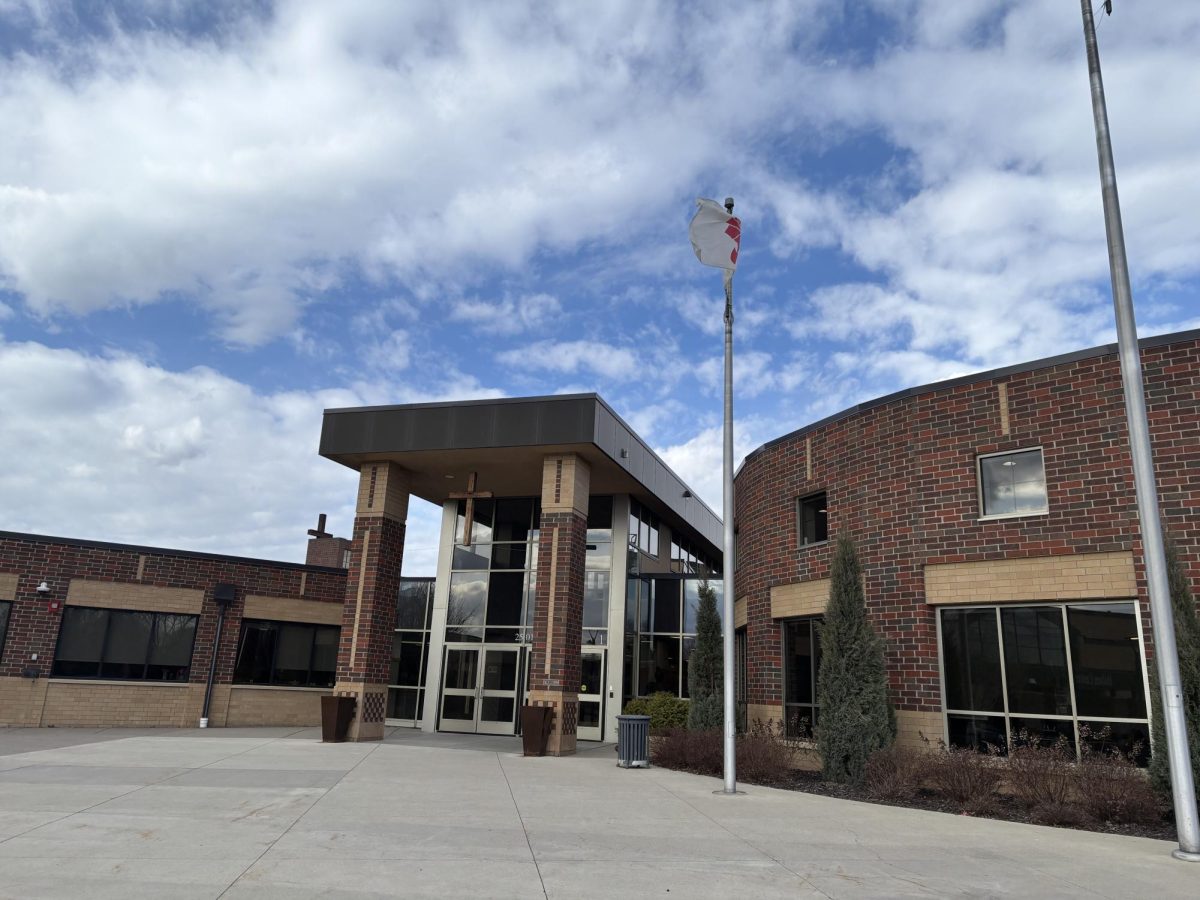
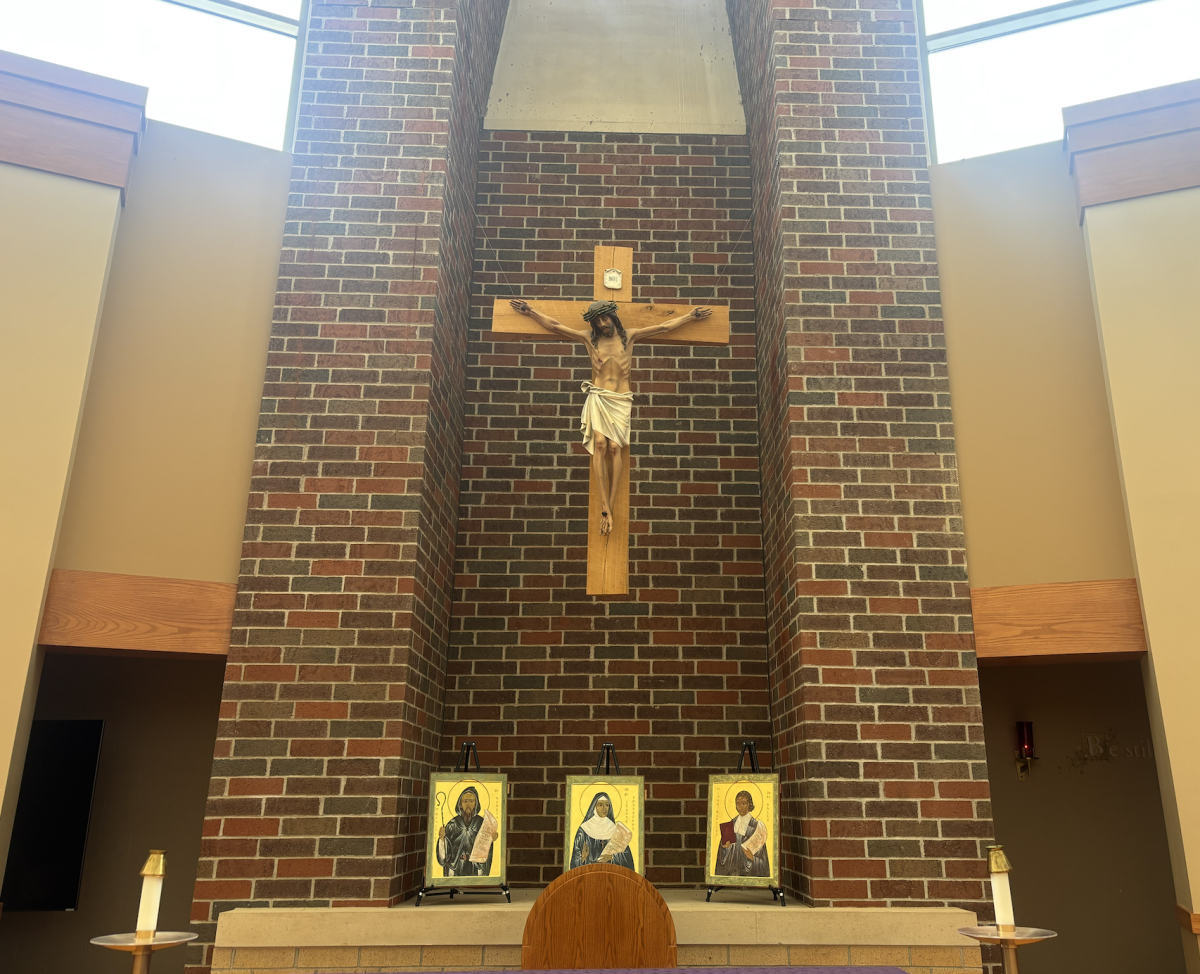
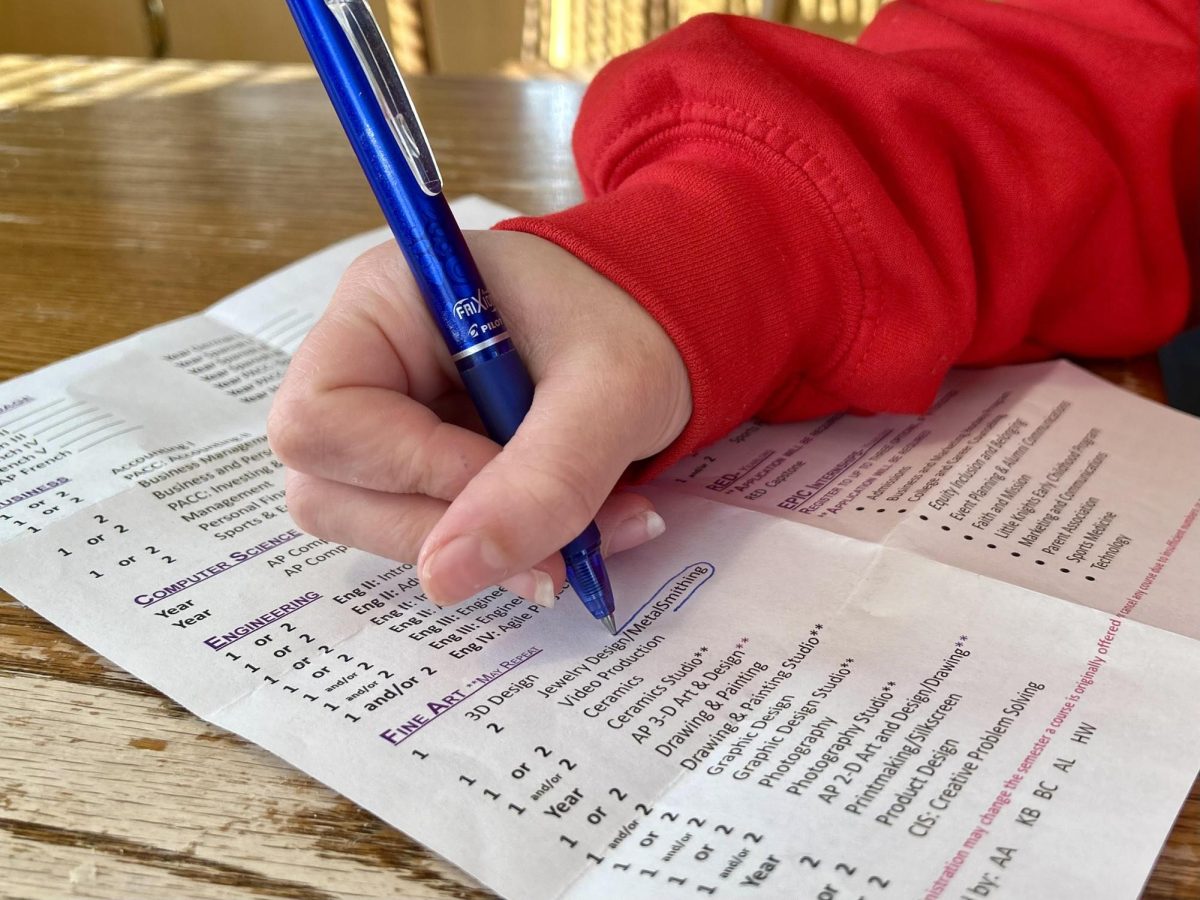
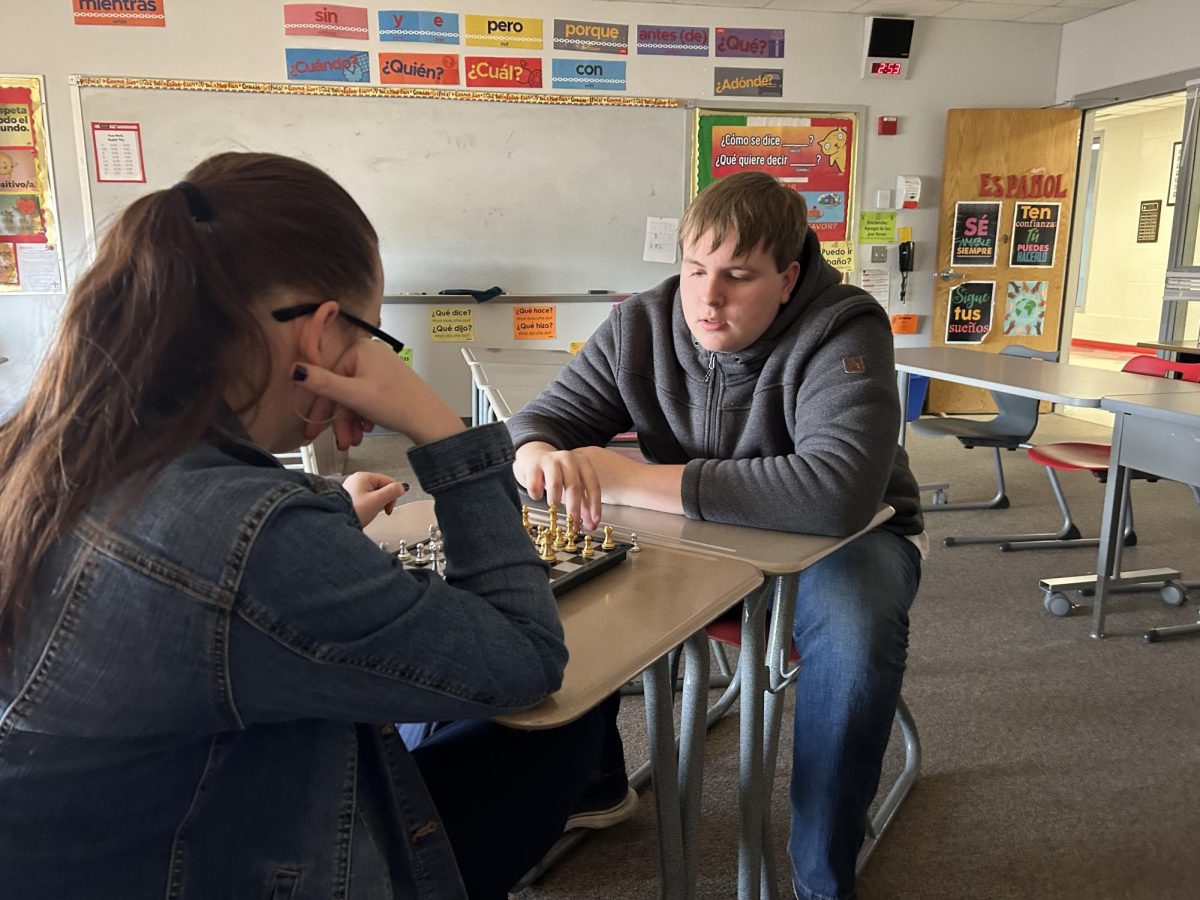

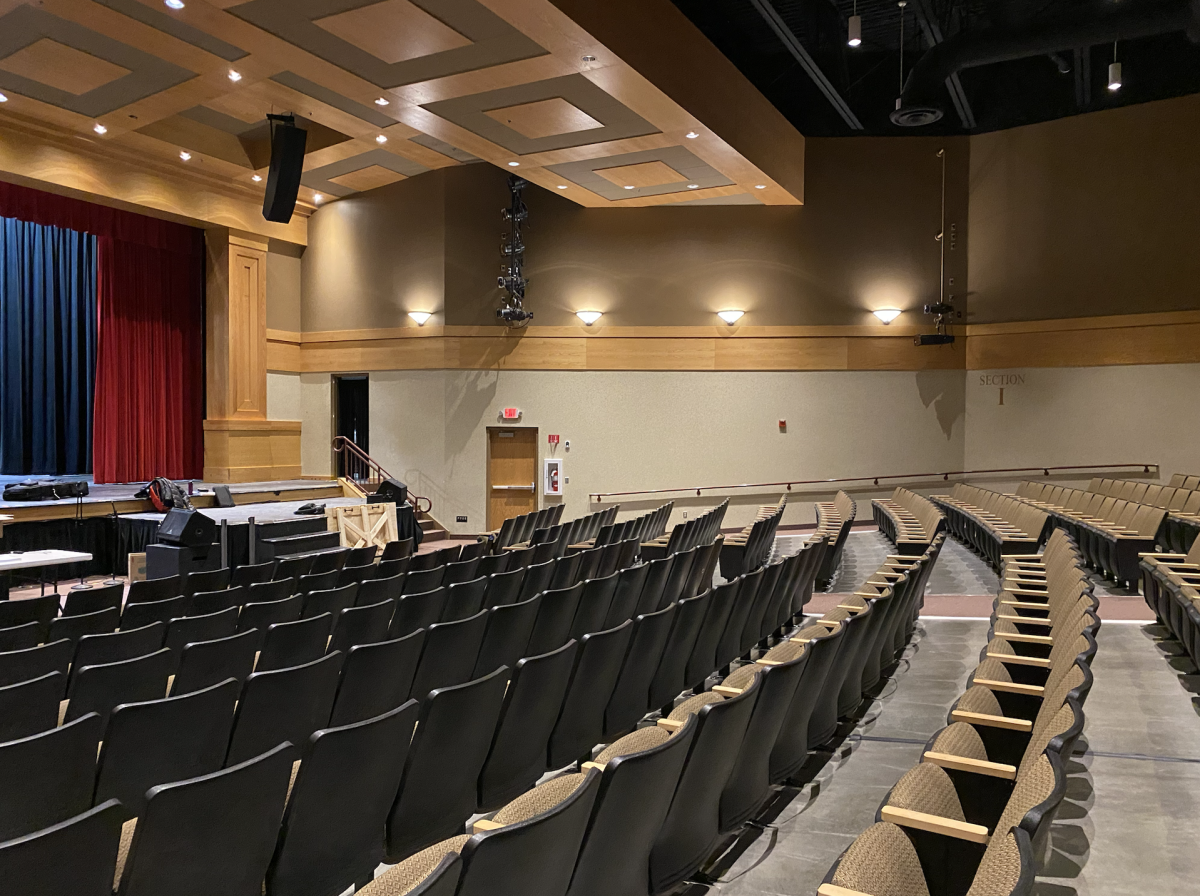
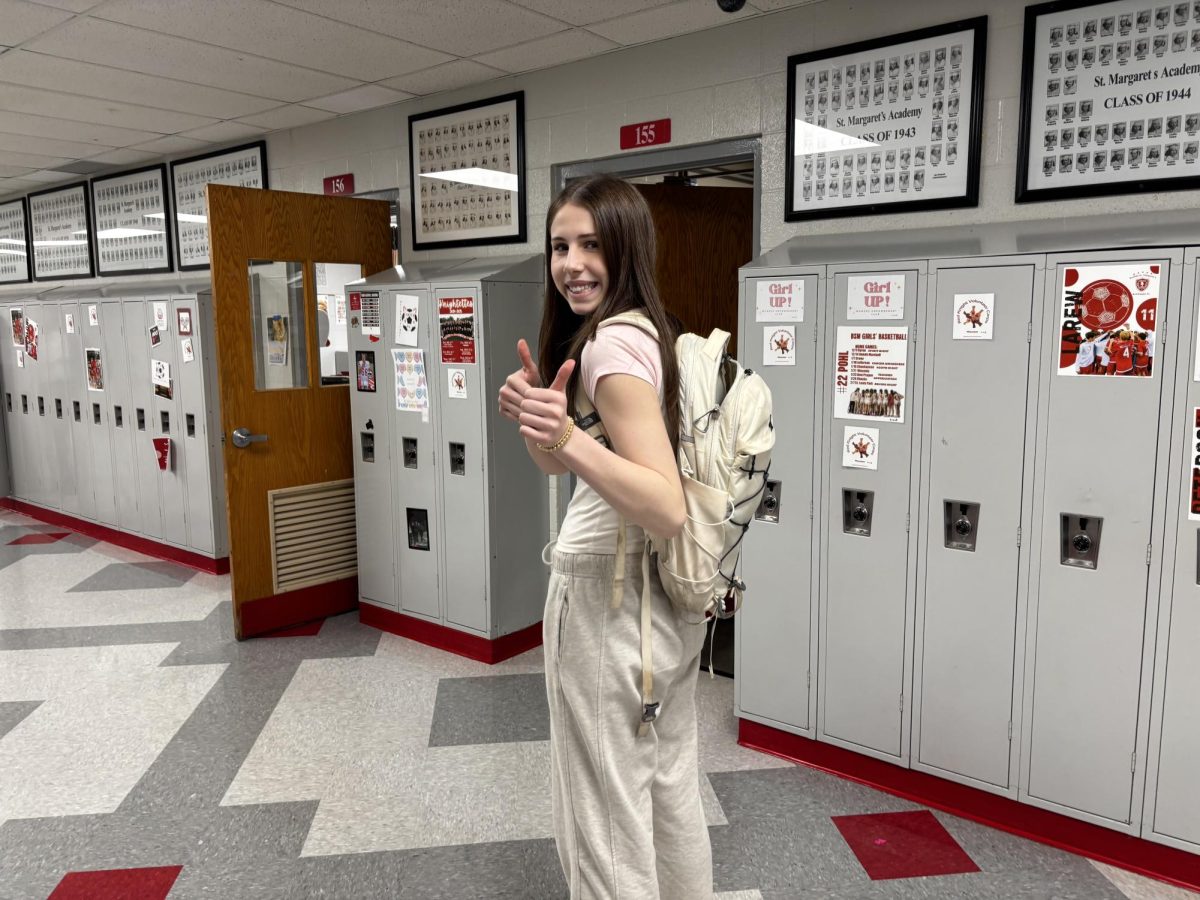
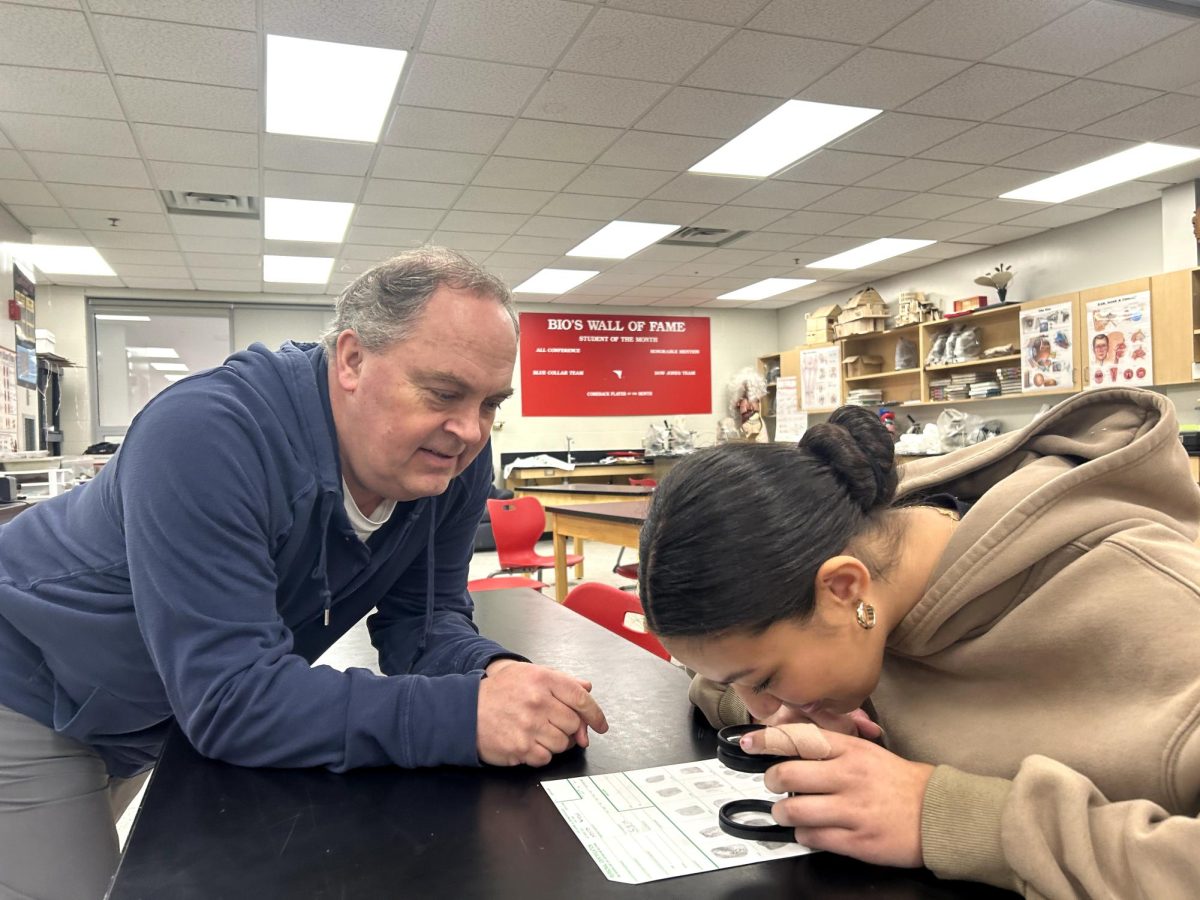


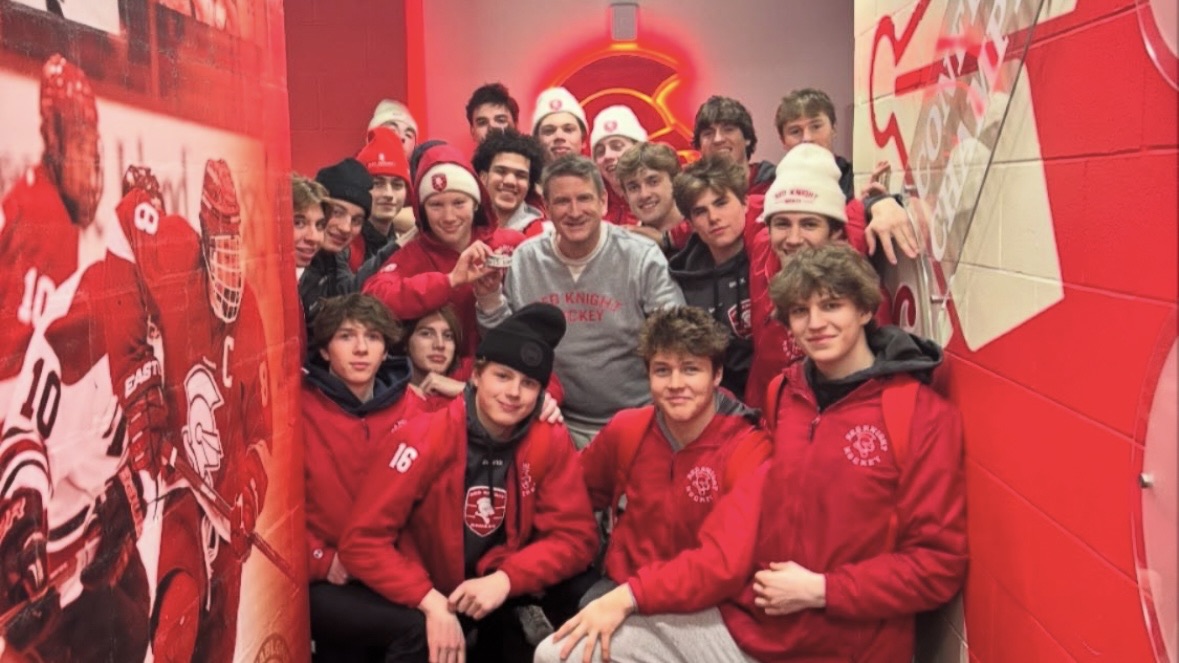

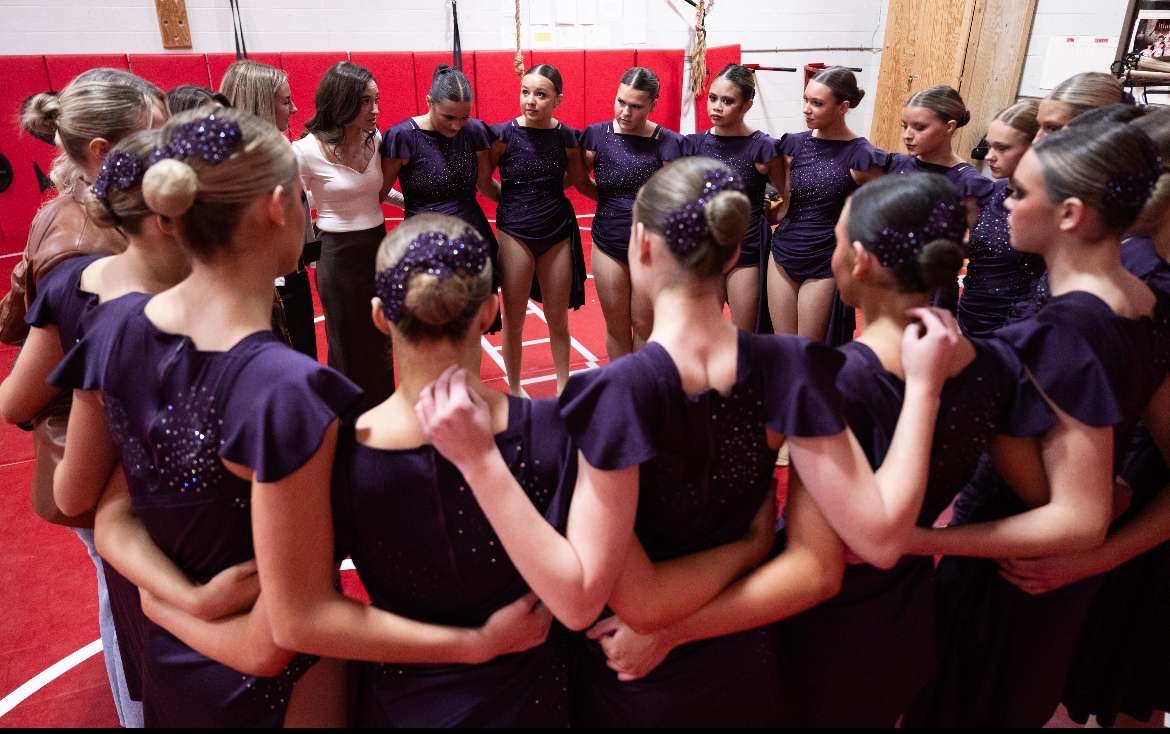


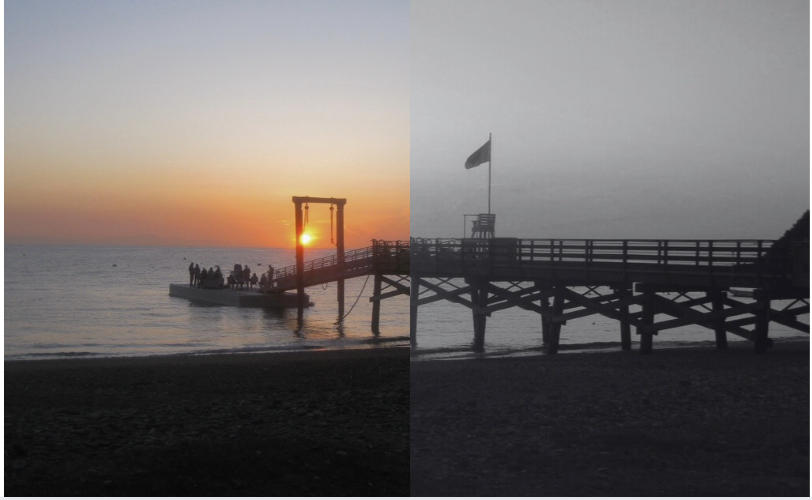
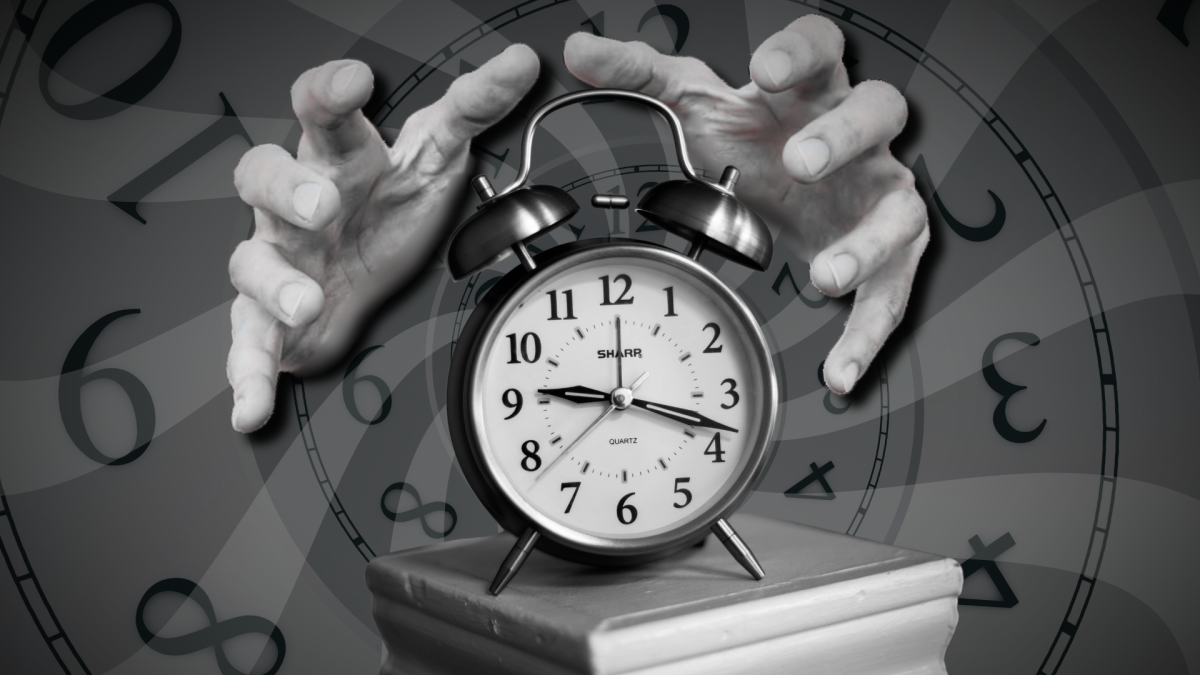
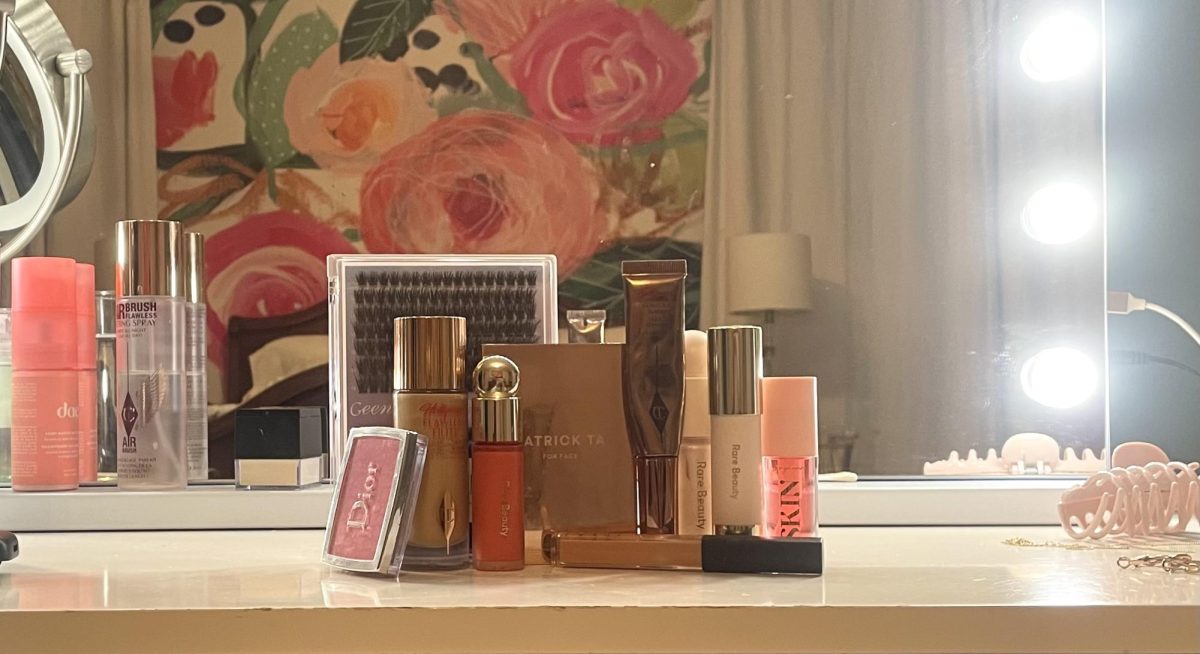
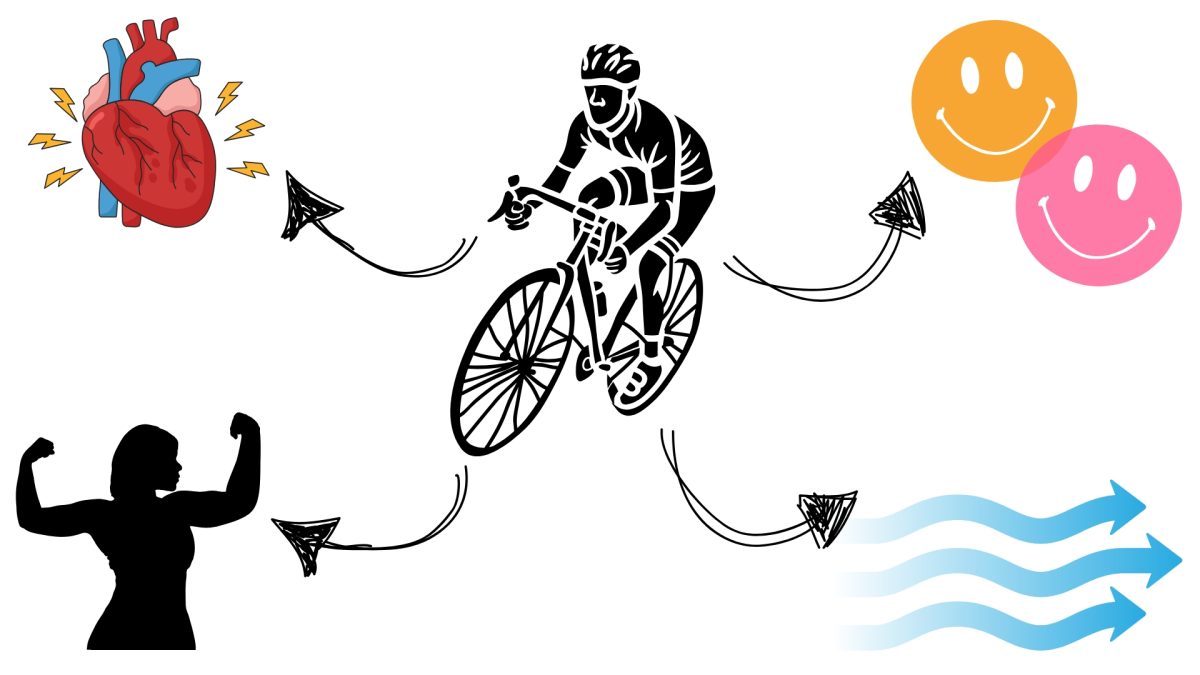
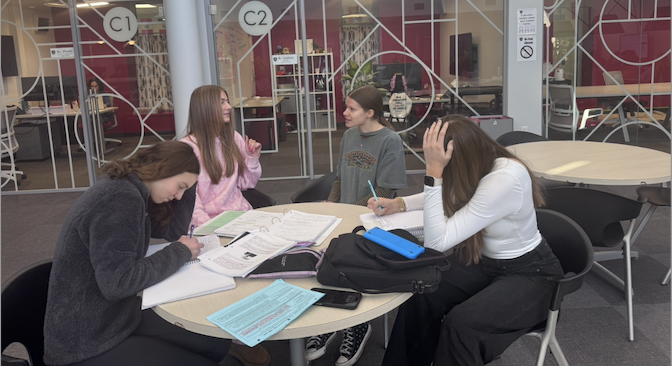
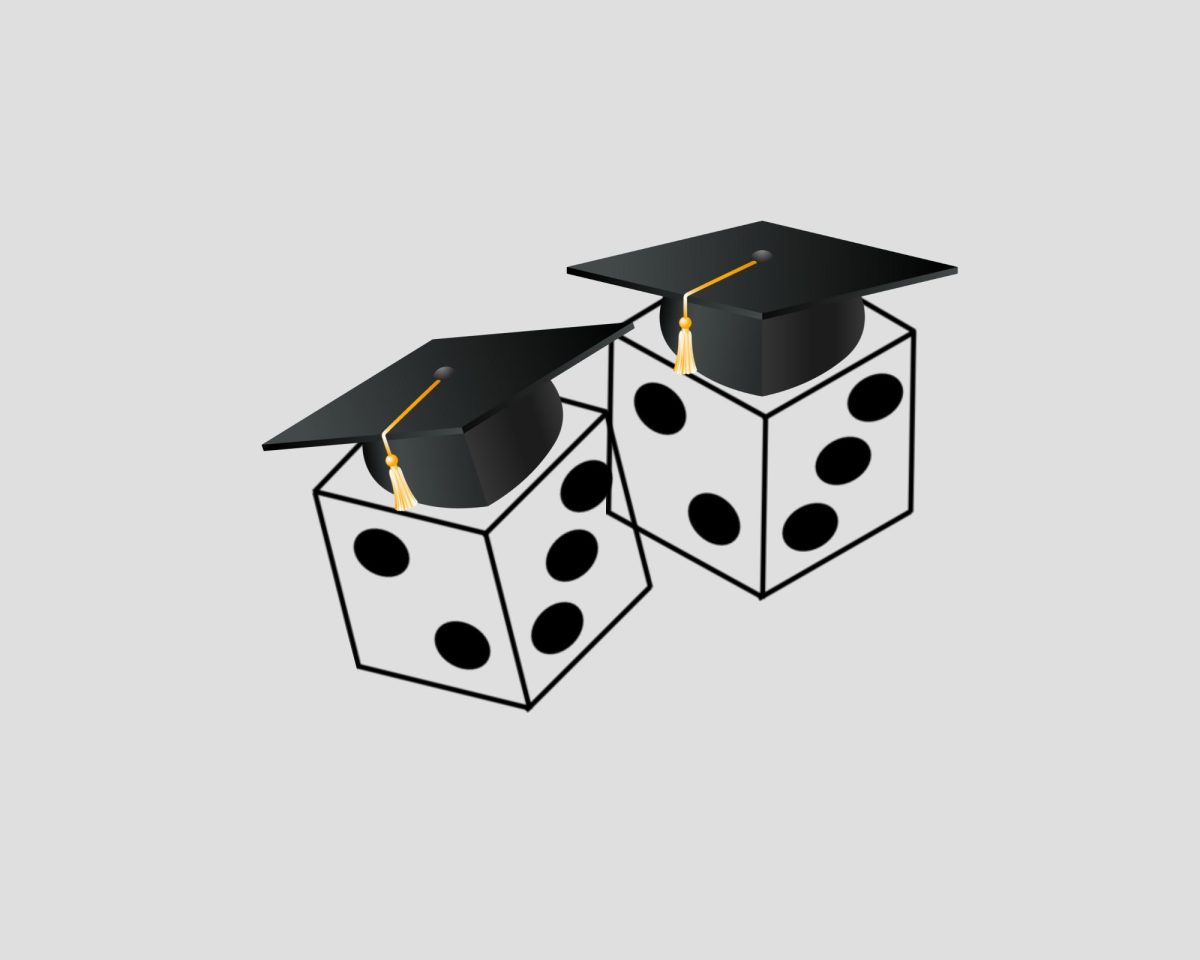
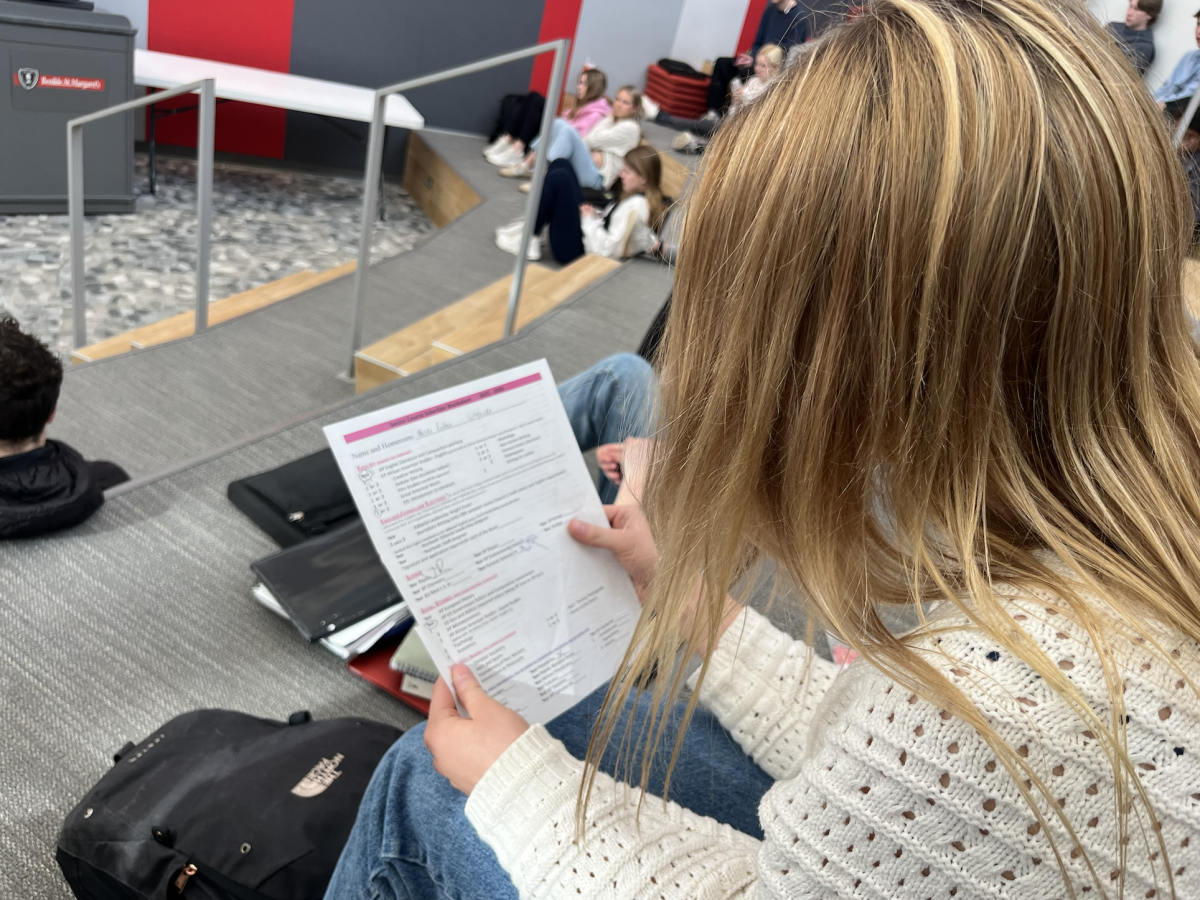
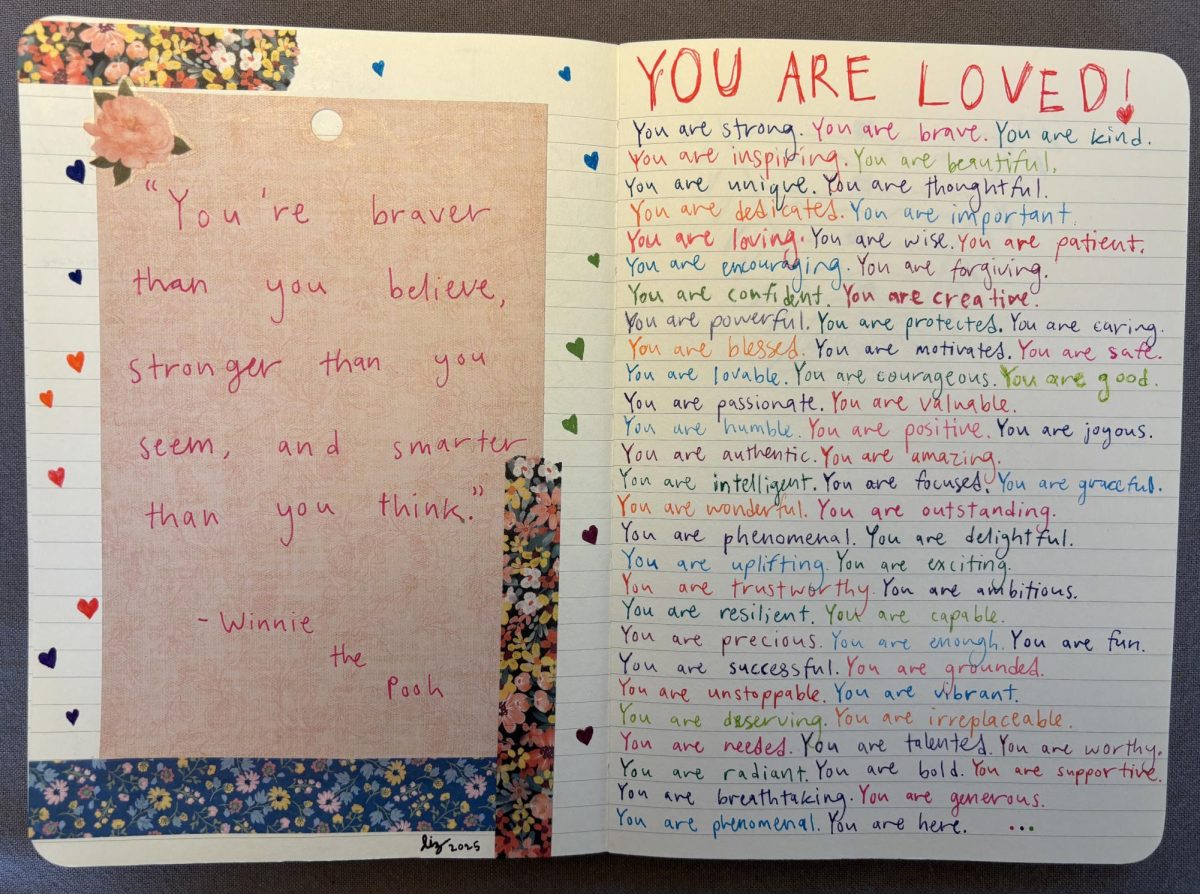


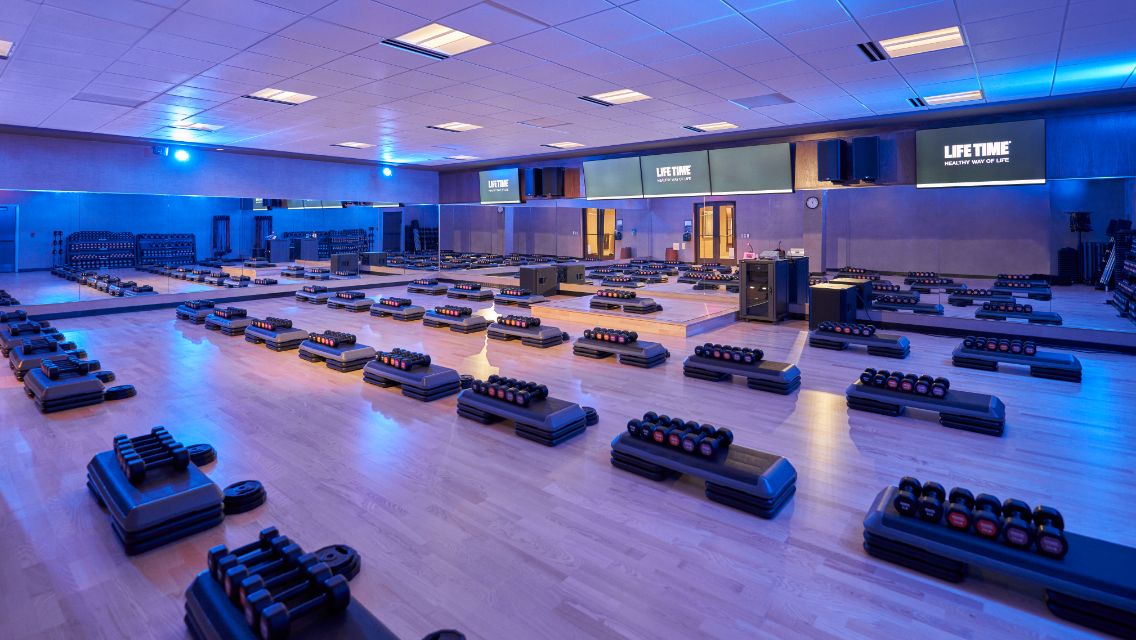

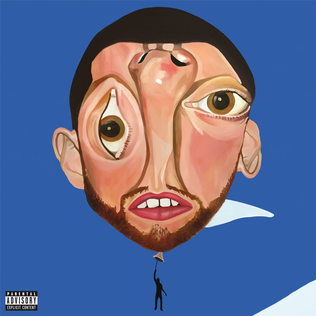





![Teacher Lore: Mr. Hillman [Podcast]](https://bsmknighterrant.org/wp-content/uploads/2025/03/teacherlorelogo-1200x685.png)




